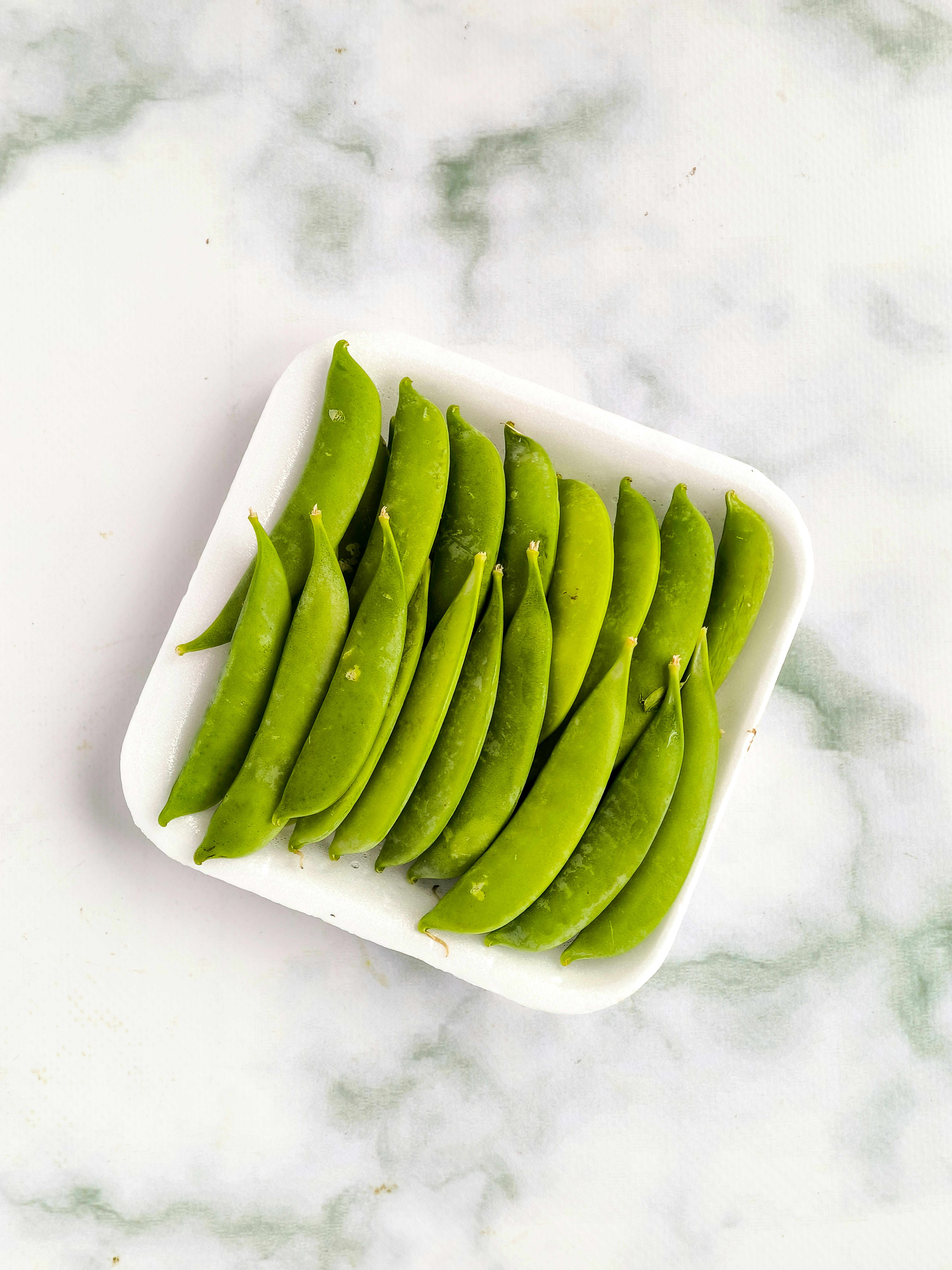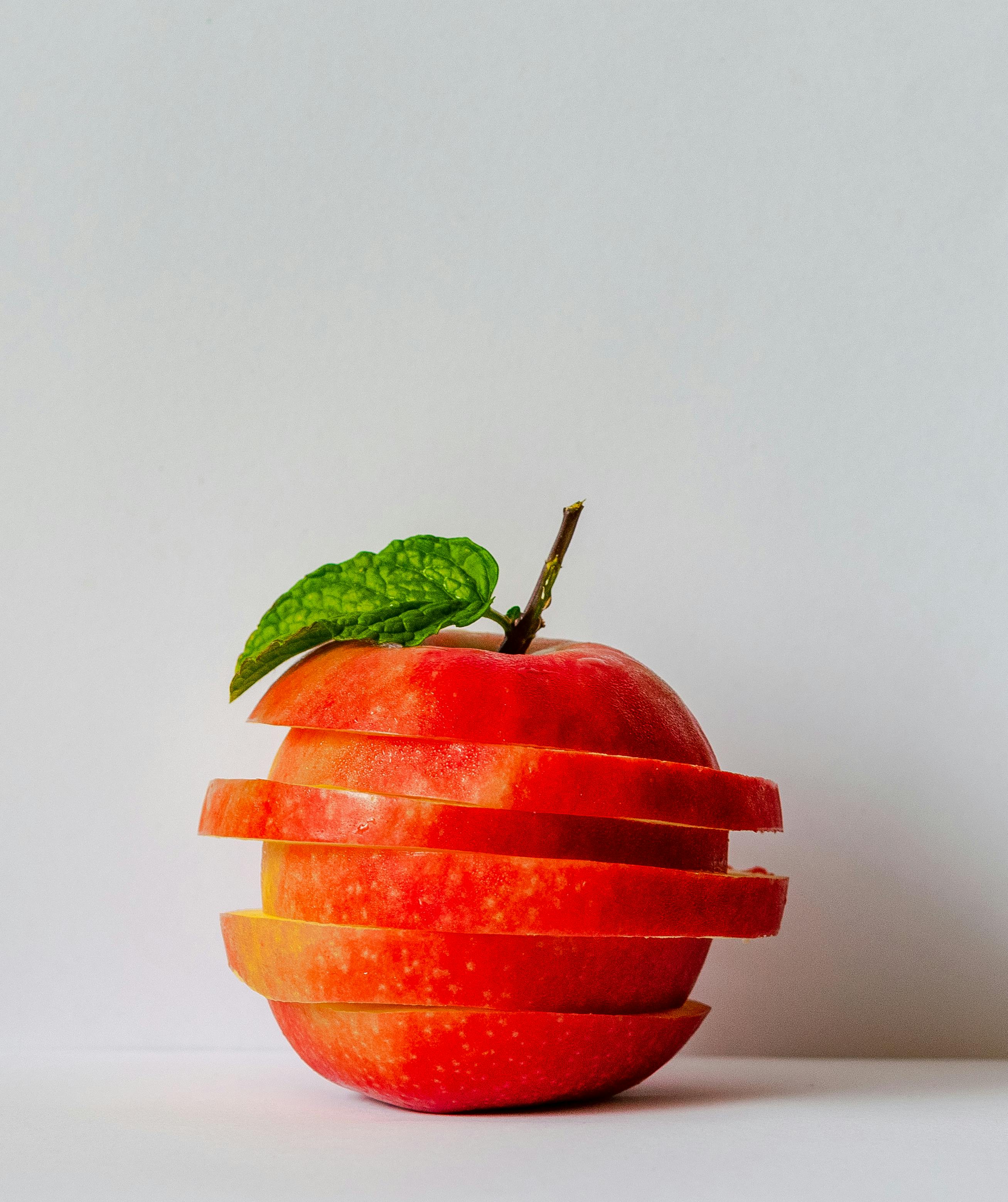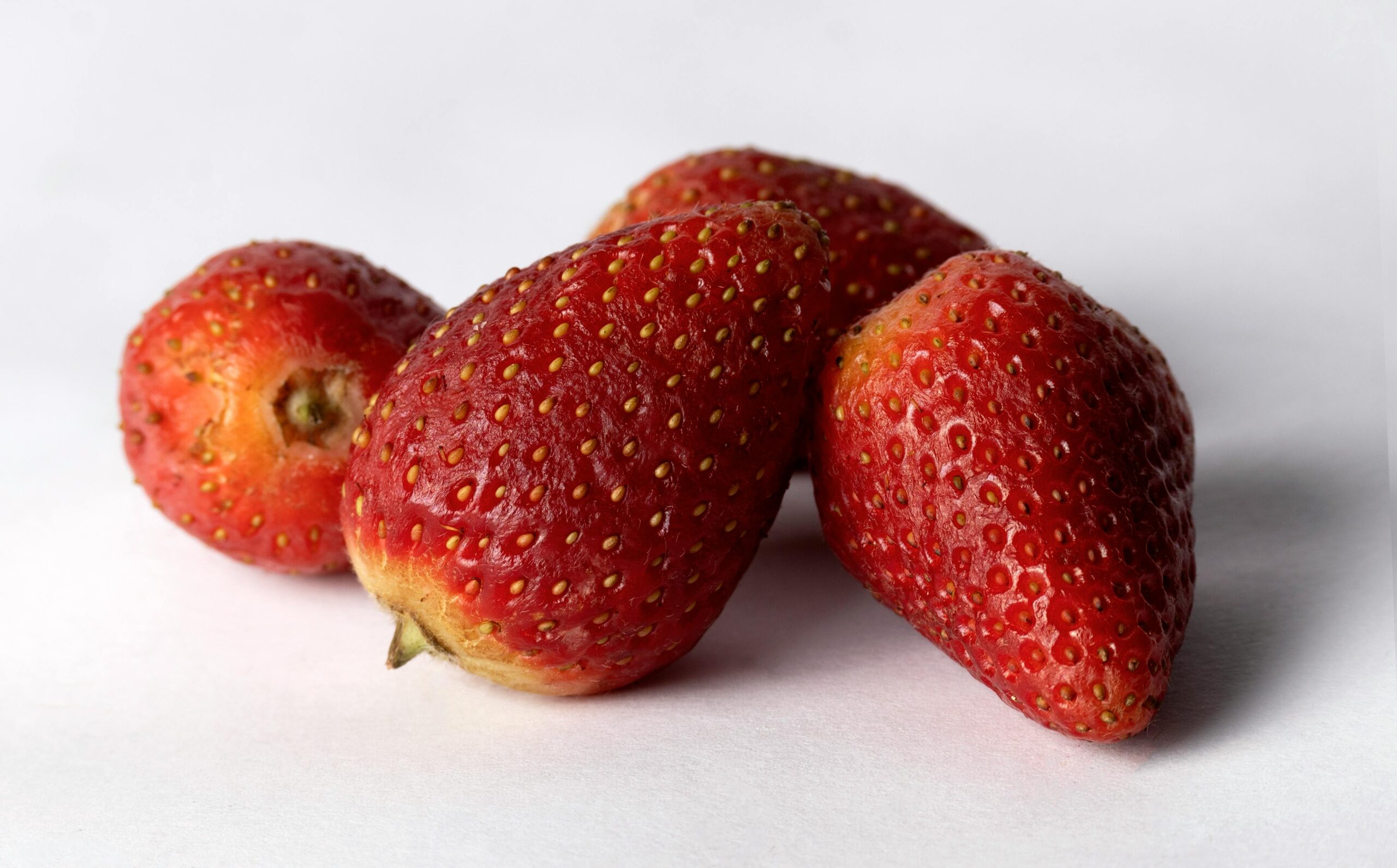Effective Ways to Optimize LeBron James’ Diet for Maximum Performance in 2025
When it comes to athletic performance, the importance of a meticulously crafted diet is unparalleled. For LeBron James, a player renowned not only for his skills on the court but also his commitment to a healthy lifestyle, optimizing his nutrition is pivotal for peak performance. In 2025, as athletes continue to push boundaries, understanding LeBron James’ diet provides valuable insights. A well-rounded meal plan not only fuels his workouts but also aids in recovery and enhances overall well-being.
The primary focus of this article is to explore essential aspects of LeBron James’ nutrition, including his protein intake, carbohydrate management, hydration strategies, and the role of vegetables and fruits in his diet. We will delve into specific meal ideas, pre-game nutrition, post-game recovery tactics, and more. By the end of this read, you’ll be equipped with effective tips and strategies to adopt healthy eating habits and maximize your athletic endeavors.
Key takeaways will include insights into balancing macronutrients, time-sensitive meals, and considerations for portion control, all of which contribute to successful diet adherence and athletic performance. Let’s embark on this journey to enhance our understanding of nutrition, inspired by one of the greatest athletes of our time.

Essential Components of LeBron James’ Diet
To optimize LeBron’s performance, a balanced diet is key. This section highlights the primary food groups, macronutrient distribution, and food choices that characterize his eating habits.
Protein Intake: Fuel for Recovery and Strength
Athletic diets must heavily feature proteins, and LeBron’s is no exception. Adequate protein intake fosters muscle repair and growth, especially after intense training sessions. His diet typically focuses on lean proteins such as chicken, turkey, fish, and plant-based options like legumes and quinoa.
For example, a common meal for LeBron may include grilled chicken breast with steamed vegetables or a chickpea salad. These protein sources are not only rich in essential amino acids but also provide energy and aid recovery.
It’s beneficial to pair protein with carbohydrates to replenish glycogen stored in muscles after workouts. This principle underscores the importance of nutrient timing, ensuring proper energy availability around training sessions.
Carbohydrates: The Primary Energy Source
Carbohydrates are critical in an athlete’s diet, acting as the primary energy source. LeBron focuses on complex carbohydrates from whole grains, brown rice, and sweet potatoes, which provide stable energy levels during games.
Incorporating a variety of fruits, such as bananas and berries, can provide quick sources of energy and vital nutrients, reducing fatigue and aiding performance. For post-game recovery, carbohydrate-rich snacks like smoothies or granola bars can be especially effective in replenishing glycogen faster.
Vegetables and Fruits: Nutrient Density for Performance
Incorporating a wide array of vegetables and fruits is vital in LeBron’s diet, providing essential vitamins, minerals, and antioxidants. These elements contribute to overall health and combat inflammation, promoting optimal recovery.
Meals like mixed salads, vegetable stir-fries, and fruit salads are typical. Leafy greens, bell peppers, and berries pack a nutritional punch that supports his active lifestyle. Additionally, maintaining a colorful plate ensures a diverse intake of micronutrients, vital for maintaining energy and focus.
Hydration: The Key to Peak Performance
Hydration strategies are crucial for any athlete, particularly for someone as active as LeBron. Adequate fluid intake helps maintain performance, supports recovery, and prevents fatigue.
Monitoring hydration levels through consistent water intake and electrolyte-rich beverages is fundamental. Coconut water or sports drinks are often included during and after games to replenish lost electrolytes efficiently.
Meal Timing and Frequency: The Schedule of Success
Adopting a consistent meal timing schedule can significantly affect an athlete’s energy levels and performance. LeBron often practices frequent, well-timed meals, consuming several smaller portions throughout the day rather than fewer larger meals.
This approach not only facilitates better digestion but also aids in sustaining energy levels, which is particularly vital during strenuous training sessions or games. By planning meals around training sessions, LeBron maximizes nutrient uptake and performance potential.
As he prepares for the next game, we’ll explore pre-game meals and post-game recovery strategies that are integral to LeBron’s comprehensive athletic regimen.

Pre-game Meals: Powering Up for Performance
To achieve optimal performance on game day, LeBron’s pre-game nutrition is meticulously planned, ensuring that he is fueled and ready to take on any challenge. Understanding food choices and their timing is key to preparing athletes for success.
Choosing the Right Carbohydrates
LeBron often consumes carbohydrate-rich foods such as oatmeal, pasta, or rice during the hours leading up to a game. These foods provide energy essential for maintaining stamina throughout high-intensity play.
Pairing these carbohydrates with a source of lean protein, like turkey or fish, enhances muscle fuel and ensures a balanced meal. Studies have shown that strategic pre-game meals can significantly improve performance, making it an essential component of LeBron’s game-day strategy.
Hydration Before the Game
Hydration is a crucial part of LeBron’s pre-game routine. Consuming fluids is essential to avoid dehydration, which can lead to a decrease in performance. Electrolyte drinks may also be included to maintain optimal hydration levels.
For effective hydration, it’s recommended to start hydrating a few hours before the game, allowing the body to absorb fluids adequately and prevent any potential cramping during intense play.
Snacks for Sustained Energy
In between practices or leading up to games, LeBron incorporates healthy snacks that provide quick energy boosts without causing digestive discomfort. Nuts, energy bars, or fruit smoothies are common snack choices that are easy to digest and deliver essential nutrients.
Post-game Recovery: Restoring Energy and Healing
Post-game recovery is as important as pre-game nutrition. LeBron’s meals right after a game typically focus on recovery, providing the nutrients necessary to restore glycogen levels and repair muscle tissues. A common meal includes a protein shake combined with a banana for quick carbohydrate replenishment.
Additionally, incorporating anti-inflammatory foods like tart cherry juice can assist in reducing muscle soreness and speed up recovery time. Understanding the impact of post-game meals on overall performance can prepare athletes for their next challenge effectively.
Meal Planning for Optimal Nutrition
LeBron’s meal planning encompasses a proactive approach to his diet, ensuring he’s consistently aligned with his fitness goals. A well-structured meal plan not only supports his training but also simplifies day-to-day nutritional decisions.
Creating a Balanced Meal Plan
Developing a balanced meal plan involves selecting diverse foods from various food groups. LeBron’s meal plan typically integrates sources from all macronutrients, emphasizing protein, healthy fats, and carbohydrates.
For instance, a day may include scrambled eggs with spinach, a quinoa salad with mixed vegetables for lunch, and baked salmon with asparagus for dinner. This variety ensures he receives a wealth of nutrients, aiding in muscle recovery and overall wellness.
Incorporating Healthy Snacks
Healthy snacks act as an important bridge between meals, providing nourishment to sustain energy levels. LeBron often opts for nutrient-dense snacks such as Greek yogurt, mixed nuts, or whole-grain crackers with hummus. These maintain satiety and prevent energy dips, especially during peak training times.
Meal Prep Strategies
To ease the demands of his busy schedule, LeBron relies on meal prep strategies, often preparing meals in advance. Batch cooking proteins, vegetables, and grains can save time and help maintain nutritional goals.
Utilizing containers for portion control and easy access enables a seamless transition into healthy eating habits, minimizing the temptation to necessarily dine out on less healthy options.
Dining Out: Making Healthy Choices
Even with a busy lifestyle, dining out can present opportunities to maintain healthy eating habits. Choosing grilled over fried foods, opting for salads, and avoiding high-sugar beverages are both practical and effective strategies. LeBron exercises mindfulness in selecting meals that align with his nutritional needs, ensuring he sticks to his diet’s core principles.
Hydration Strategies and Their Role
Effective hydration strategies are crucial for any athlete looking to reach peak performance levels. For LeBron James, staying hydrated is critical to maintaining energy and focus on the court.
Daily Hydration Goals
Setting a daily hydration goal helps monitor water consumption and ensure adequate intake. LeBron considers factors such as training intensity, climate, and individual needs when determining his hydration requirements.
Incorporating electrolytes, especially during high-intensity sessions, assists in maintaining hydration balance and preventing fatigue.
Hydration Before and After Workouts
Proper hydration before workouts can significantly enhance physical performance, while hydration post-workout aids recovery. LeBron often consumes a specific amount of fluids prior to and after intense training sessions, making this a routine aspect of his regimen.
Hydration-Boosting Foods
Hydration can also come from food sources, with fruits like watermelon, cucumbers, and oranges being excellent choices. These foods not only hydrate but also provide essential nutrients vital to recovery.
Nutrition Tips for Aspiring Athletes
As we consider LeBron’s impressive nutritional strategies, several tips emerge that aspiring athletes can implement to enhance their own diets. These tips aim to promote better food choices and improve overall health and performance.
Mindful Eating Practices
Practicing mindful eating can help athletes connect with their food, fostering healthier relationships with nutrition. LeBron’s philosophy combines intuitive eating with a focus on whole foods and balanced meals.
This includes paying attention to body hunger cues, understanding portions, and deriving joy from food, resulting in more intentional food choices.
Understanding Nutritional Labels
Educating oneself on how to read nutritional labels can empower athletes to make informed choices. Knowing macronutrient amounts and ingredient quality helps in selecting optimal fuel for performance.
Experimenting with Dietary Variations
Understanding personal dietary preferences and experimenting with various nutrient-rich foods can help optimize individual nutrition plans. LeBron has embraced different diets depending on his fitness goals, demonstrating flexibility while ensuring nutritional integrity.
Q&A: Common Nutrition Questions
1. What’s LeBron James’ typical daily calorie count?
LeBron’s daily calorie intake often ranges between 4,000 to 5,000 calories, tailored around his rigorous training schedule and performance requirements. This ensures he meets his energy demands and sustains his athletic performance.
2. How does LeBron manage cheat meals?
LeBron incorporates cheat meals sparingly while focusing predominantly on whole, nutrient-dense foods. This approach allows him to indulge occasionally without compromising his overall dietary goals.
3. What are some recommended snacks for athletes?
For athletes, ideal snacks might include protein bars, trail mix, Greek yogurt, or fruit smoothies. These options provide quick energy and essential nutrients to sustain performance during training or games.
4. How does hydration impact performance?
Proper hydration is fundamental to performance, helping prevent fatigue, cramping, and cognitive decline. Staying hydrated enables consistent energy levels and enhances an athlete’s ability to perform at their best.
5. Can dietary supplements benefit athletes?
Yes, LeBron uses dietary supplements judiciously to complement his diet, supporting muscle recovery and enhancing nutritional balance. Consulting with a nutritionist ensures that these supplements align with his specific needs and goals.
